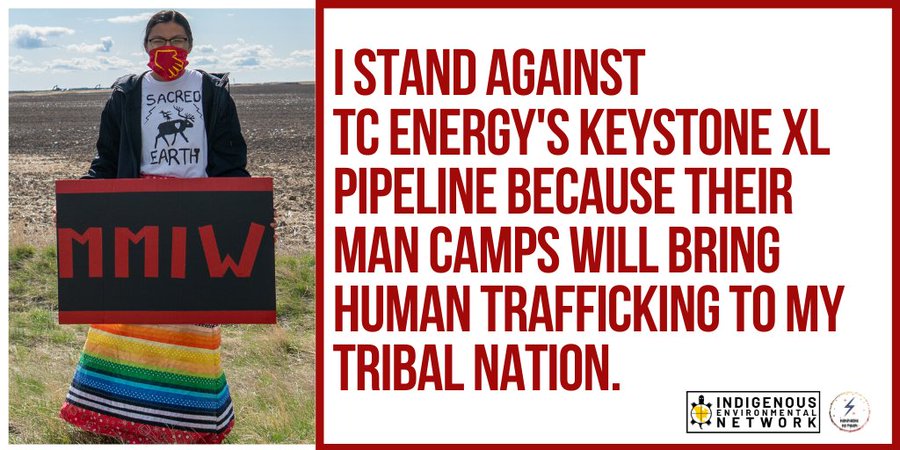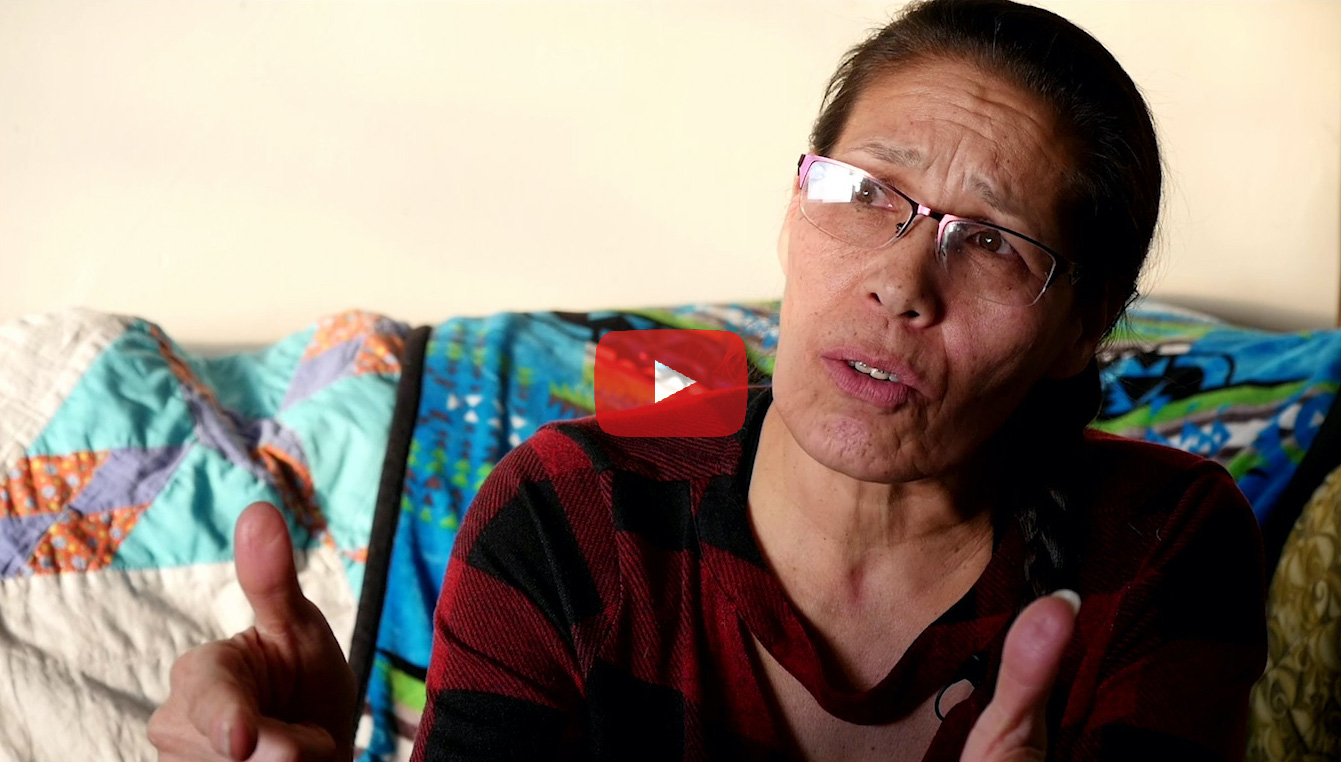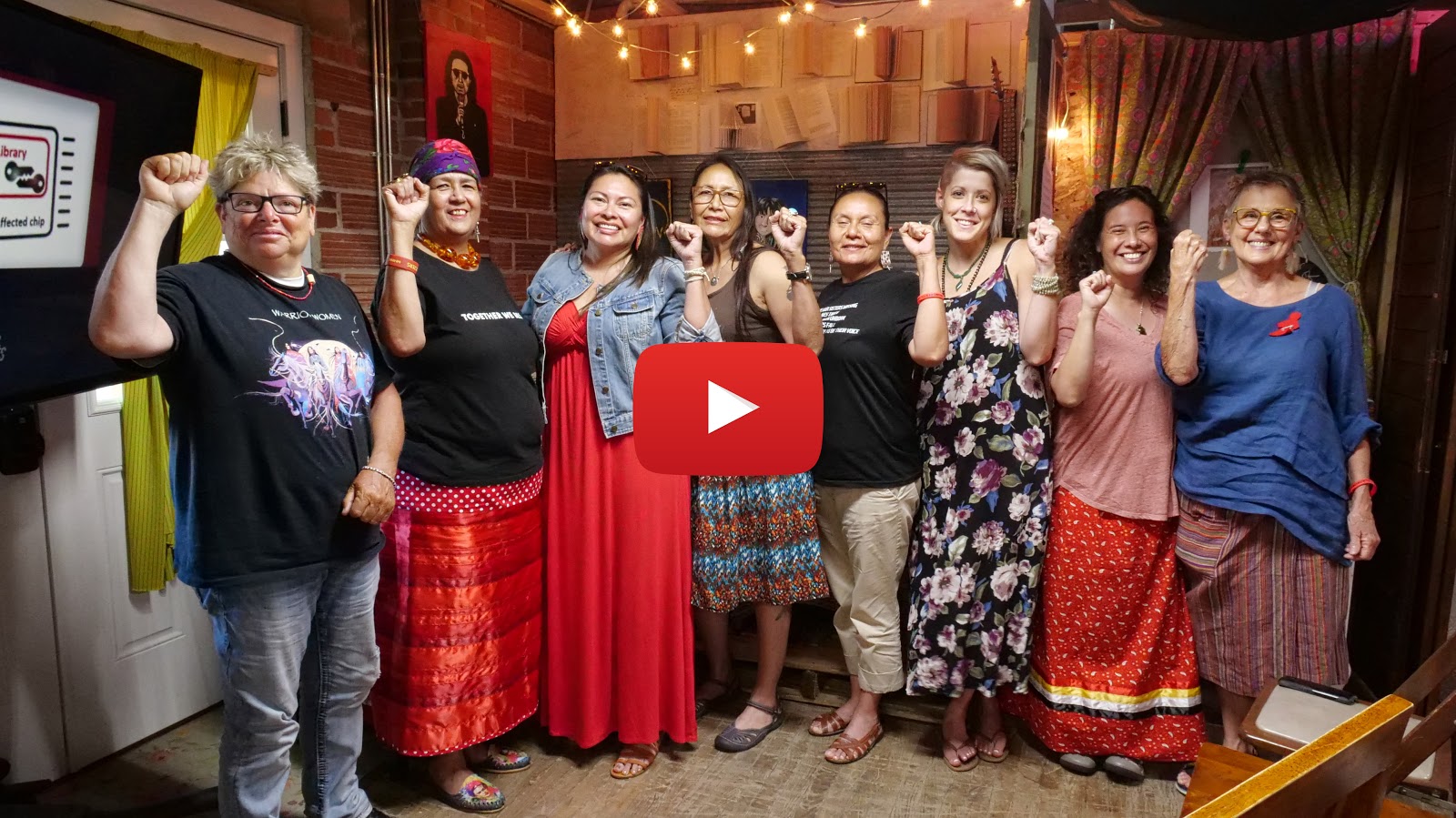Again Finding US Permit Invalid, Federal Court Upholds Block on ‘Climate-Busting’ Keystone XL Construction
“Our courts have shown time and time again that the law matters.”
A federal judge on Monday denied the U.S. Army Corps of Engineers’ request to amend his earlier ruling regarding TC Energy’s Keystone XL pipeline, reaffirming that a permit issued by the Army Corps was invalid.
Chief U.S. District Judge Brian Morris ruled again that the U.S. Army Corps of Engineers (USACE) violated the Endangered Species Act when it issued Nationwide Permit 12, which allows companies to construct energy projects at water crossings.
“The court rightly ruled that the Trump administration can’t continue to ignore the catastrophic effects of fossil fuel pipelines like Keystone XL.”
—Jared Margolis, Center for Biological Diversity
Climate action and Indigenous rights campaigners have for years fought the construction of the Keystone XL pipeline, which if built would cross bodies of water hundreds of times along its nearly 1,200-mile route from Alberta to Nebraska. TC Energy plans to send tar sands oil along the route, which opponents say would put Indigenous communities as well as wildlife at risk for dangerous leaks and exposure to toxic waste.
“The court rightly ruled that the Trump administration can’t continue to ignore the catastrophic effects of fossil fuel pipelines like Keystone XL,” said Jared Margolis, senior attorney with the Center for Biological Diversity, in a statement. “Constructing pipelines through rivers, streams, and wetlands without analyzing the impacts on imperiled species is unconscionable.”
The USACE had asked Morris to narrow his April 15 ruling, but the judge only changed his decision on Nationwide Permit 12 to allow non-pipeline construction, such as electrical transmission lines, to move forward.
“Our courts have shown time and time again that the law matters,” said Cecilia Segal, Natural Resources Defense Council (NRDC) attorney. “Today’s ruling makes clear that climate-busting pipelines like Keystone XL cannot be built until the federal government does its job and properly analyzes these projects’ devastating effects on their surrounding communities and wildlife. If that analysis is based on science and facts, pipelines like Keystone XL will never see the light of day because they remain, and always will be, a dire threat to our water, wildlife, and climate.”
Ft. Peck Assiniboine Sioux Kokipasni youth organizer Prairiedawn has been speaking out against @TCEnergy‘s KXL pipeline because she and her friends are afraid of the increase in #humantrafficking man camps bring to Indigenous communities.#MMIW #NoKXLhttps://actionnetwork.org/petitions/cancel-kxl-halt-all-keystone-xl-construction-due-to-coronavirus-public-health-emergency …







 https://www.chatelaine.com/opinion/as-an-indigenous-woman-i-was-triggered-by-the-mmiwg-report/
https://www.chatelaine.com/opinion/as-an-indigenous-woman-i-was-triggered-by-the-mmiwg-report/